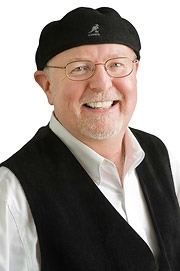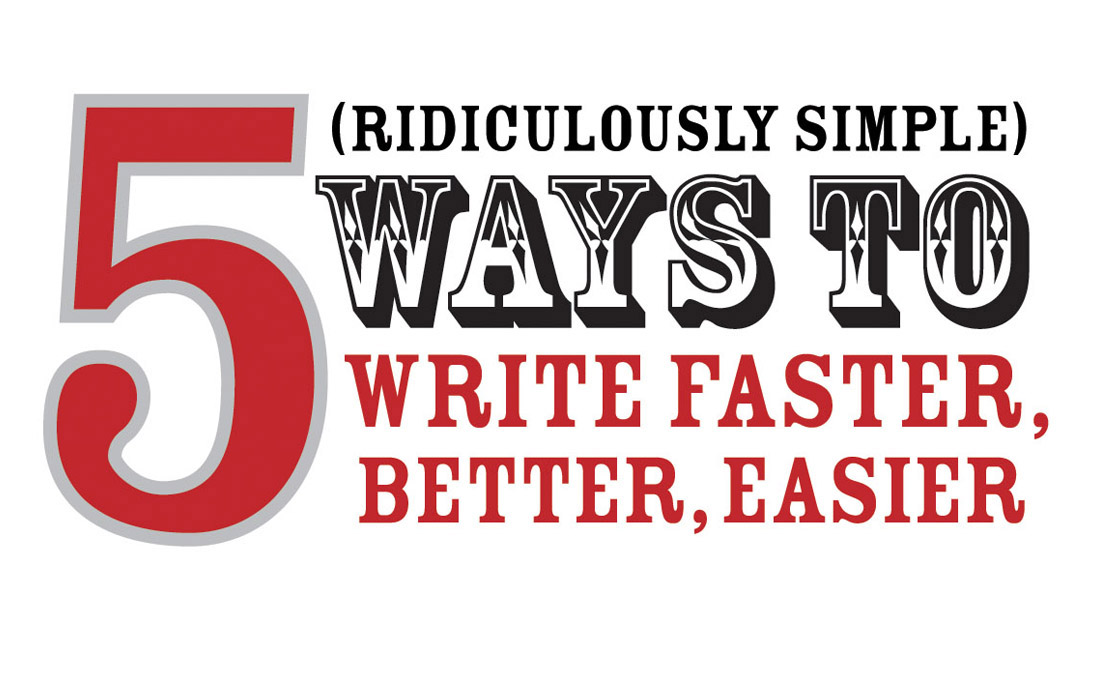Let's ask Google. It knows everything.
Hmmm. Google points to 1,450,000 links defining story. That's a lot of possible definitions for "story."
Over time, I've cobbled together several definitions of "story" but never clearly expressed it.
That got me thinking.
What does "story" mean to me? How do I see "story" in relationship to producing a film for an organization? It's quite simple, really.
A story = a journey from "here" to "there."
From "Huh?" to "A-Ha!"
From "I used to think this way" to "I now think that way."
I think a story is ultimately an experience that takes me from my current state of awareness to a different state of awareness.
This journey opens up infinite possibilities.
That's it. Simple, of course. But discovering the journey is the trick, right?
So what do you think? Do you agree? Disagree? Have a different take?
What the heck is a story?
---Tom
P.S. This post was inspired by yesterday's energizing conversation with David Bullock. I had the good fortune to meet David at SOBCon08 and was totally knocked out by his presentation. David has offered to publish a free ebook based on our upcoming conversation about solving business problems through the power of story and video. I'll keep you posted when it's available. Thank you, David!
 Story. What The Heck Is It?
Story. What The Heck Is It?
 Monday, December 28, 2009 at 12:17PM
Monday, December 28, 2009 at 12:17PM 



